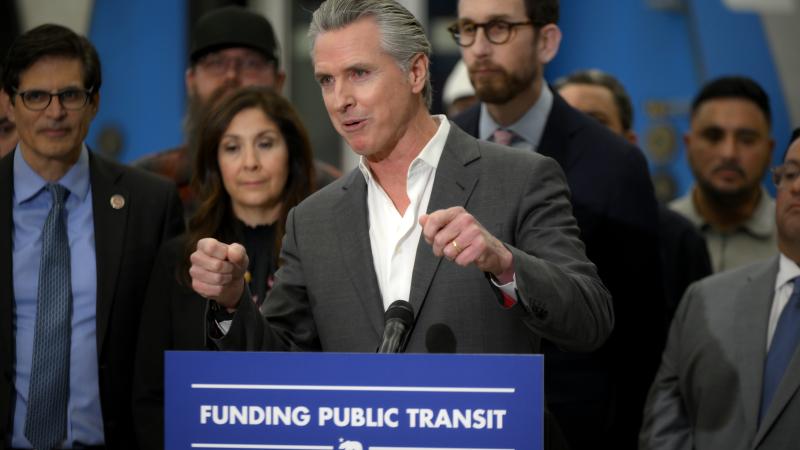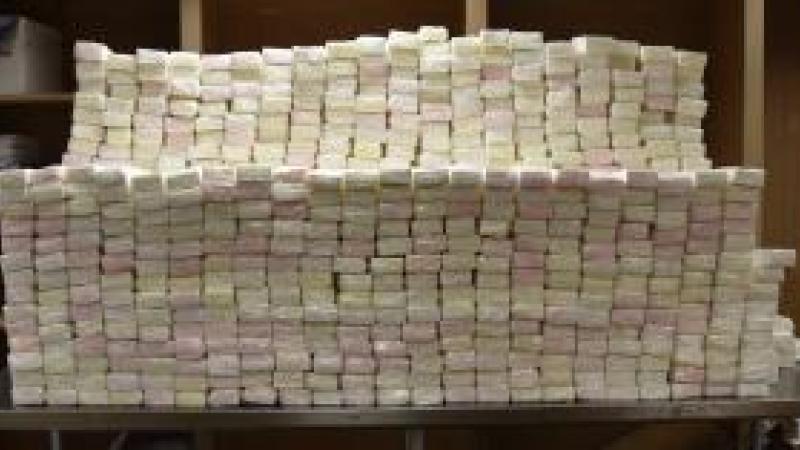Feds agree to hand over warrants in legal challenge to $85M seizure of safe deposit boxes
Judge blocks government's requirement that customer identify himself as a condition of getting back $900,000.
Already facing skepticism from a federal judge for keeping $85 million in assets from a raid without charging safe deposit box renters, the feds have agreed to turn over the warrants used against an alleged front for money laundering and drug trafficking.
U.S. District Judge Mark Scarsi approved a joint proposal by prosecutors, renter Michelle Gerlis and the libertarian Reason magazine to provide "all warrants and affidavits" related to the March 22 raid of U.S. Private Vaults (USPV) in Los Angeles.
The only allowed redactions are information the government "believes is a residential address," vehicle license or registration numbers, and the government's basis for believing USPV co-owner Michael Poliak "resides at a particular address."
The agreement preempts an Aug. 9 hearing on Gerlis's motion to unseal the "evidentiary" warrant the feds "purported to rely on" in the raid and more than a slice of the affidavit.
She had noted the government has "openly discussed its investigation and prosecution in multiple public filings," showing it has "no countervailing interest at all" against her Fourth Amendment right to see the warrant and affidavit.
Reason magazine joined the challenge to assert its First Amendment right to review and report on "the scope and the strength" of the government's evidence, whether it was "forthright" with the court about what it would do with renters' property, and whether it complied with its representations.
While several renters have challenged the feds' authority to keep their valuables based on the barebones seizure notices they received, some also accused the FBI of violating a search warrant that prohibited agents from snooping on the box contents.
The lawyer for Gerlis and Reason included video screenshots in a different client's lawsuit showing agents reviewing the name and contact information on a box before rifling through its contents.
The hidden search warrant came up in another case that went badly for the feds, who have not found much sympathy from U.S. District Judge R. Gary Klausner.
A pseudonymous USPV customer, "Charles Coe," sued the feds for requiring him to identify himself to obtain a copy of the warrant and get back his property — more than $900,000 in cash and valuables. That would mean subjecting himself to a criminal investigation in possible violation of the Fourth and Fifth Amendments.
USPV's appeal is that it doesn't know the names of its customers, who use an iris scan to enter the facility and hold the only copies of their box keys, Klausner wrote in a July 23 ruling denying a motion to dismiss. It's not clear how learning Coe's real name could help the government identify him as the box owner, rather than letting him match the key, the judge said.
The ruling repeatedly mocks the government for its "specious" arguments, including that investigating Coe is "merely an attempt to learn the truth" and not a legal "injury."
The feds have "awesome power" to seize alleged contraband, but they are "not authorized to compel a private citizen" whose property they "indiscriminately seized" to come forward for an investigation, Klausner wrote.
It doesn't matter that Coe is a "wealthy person" who hired "a large law firm to do his bidding" and spends more than $1,000 a year to store his valuables anonymously, as the government argued, the judge said: He is "afforded the protections of the United States Constitution" and is vulnerable to retaliation.
The government has shown nothing more than "pure conjecture" that Coe "might have unlawfully possessed" his assets, so his interest in anonymity outweighs any prejudice to the feds, Klausner wrote.
The feds backed down this week in another case following a similarly snarky opinion by the judge, agreeing to return $57,000 to an unemployed man living off legal settlements after seizing his box four months ago.
Klausner criticized the government for citing paperwork, scheduling challenges and occasional no-shows by property owners for its refusal to return Joseph Ruiz's money. The judge was more troubled by its lack of "any specific factual or legal justification" for keeping the money "now that Ruiz has come forward and sworn under penalty of perjury that [the box] is his."
Regarding Ruiz’s claims that he needs the money to pay for medicine and food, the feds don't "challenge this testimony, or even address it," Klausner wrote.
In response, the feds said Ruiz provided an email address suggesting he's "involved in the cannabis industry" without a license and had not turned over documentation of his legal settlements. His lawyers turned over the settlement checks Tuesday while claiming Ruiz has no legal obligation to prove his innocence.
The government's Thursday filing reiterated why it believed his money was ill-gotten, but confirmed it was satisfied with his documentation.
The Institute for Justice, which is representing Ruiz, also said Thursday the feds contacted the public interest law firm to schedule the return of $163,000 in gold and cash seized from its client Travis May's box.














